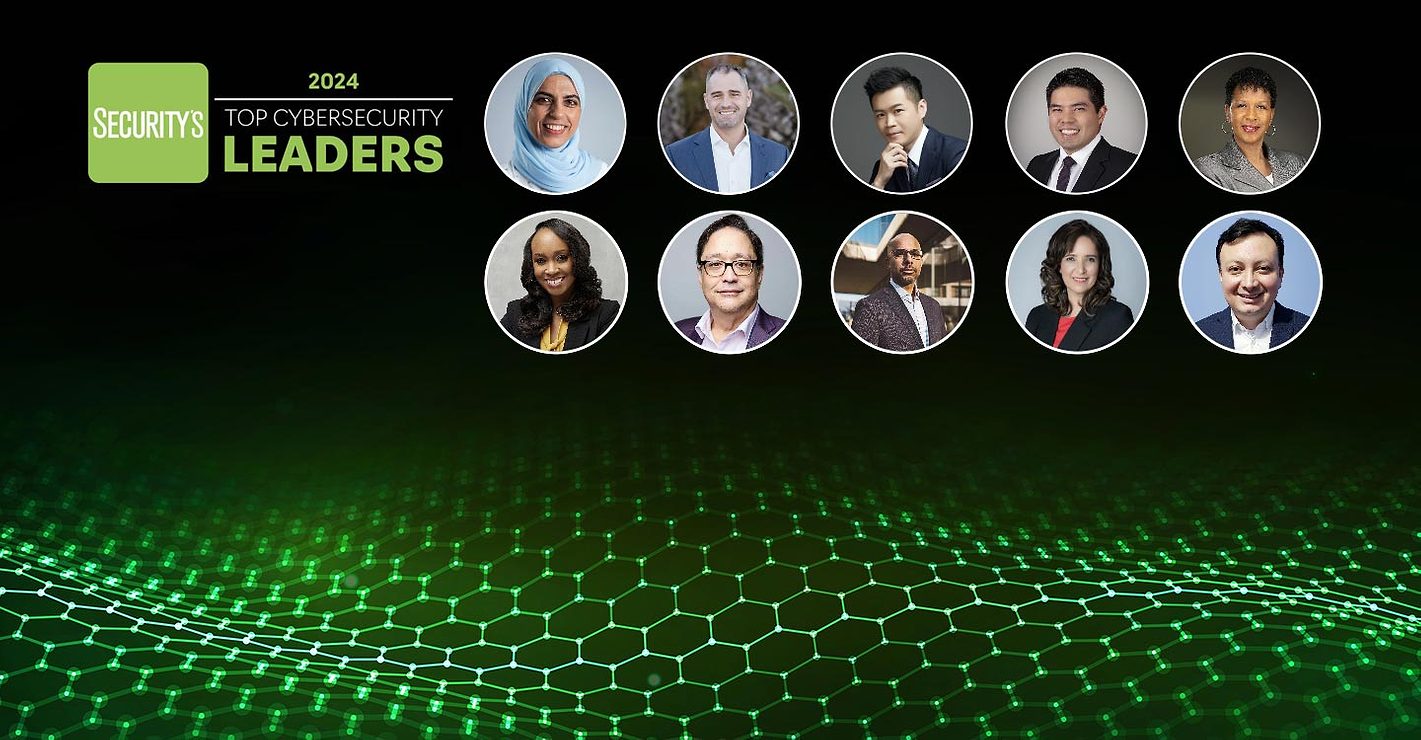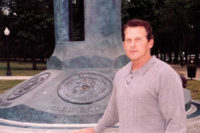The inadequacies and shortfalls in information sharing were pointed out by the National Commission on Terrorist Attacks upon the United States or more commonly known as the 9/11 Commission. In Chapter 13 of the 9/11 Commission Report, “How To Do It? A Different Way of Organizing the Government”, the report produced recommendations to guide the government away from processes that don’t protect the nation against terrorism threats. Numerous recommendations were documented in the report of which two were directed toward information sharing. The first recommendation stated, “Information procedures should provide incentives for sharing, to restore a better balance between security and shared knowledge”. What better incentive for businesses and organizations than to be an active and valuable partner in the fight against terrorism through information sharing and the protection of the critical infrastructure of the United States? The private sector has unique knowledge of processes and systems that could greatly aid the law enforcement community through effective use of fusion centers. Terrorism is not a law enforcement problem alone and the most effective strategy against this threat is a partnership between the public and private sectors.
The second relevant recommendation: “As the President determines the guidelines for information sharing among government agencies and by those agencies with the private sector, he should safeguard the privacy of individuals about whom information is shared.” For the private sector that is responsible for protecting the critical infrastructure and key resources, predicated on their 85 percent ownership, not receiving accurate and timely information about a particular threat because of a common demonstrated belief of a “need-to-know”, does not help any business in their response and preparedness planning. This need-to-know approach assumes it is possible to know, in advance, who will need to use the information. The U.S. Department of Homeland Security (DHS) maintains the Commercial Facilities Sector Coordinating Council (CFSCC). The CFSCC represents more than 100 different associations across an open access market. Each member of the council will view the same information differently, thus no assumptions can be made as to the impact of the information on that business or industry. As pointed out in the report, shifting away from information protection to a “need-to-share” culture is the best model in protecting a community and the Nation.
To meet the challenge in filling the information gaps among law enforcement and between law enforcement agencies and the private sector, DHS sponsored the establishment of seventy-two (72) fusion centers throughout the United States. But what is a fusion center? According to the Fusion Center Guidelines: Executive Summary Criminal Intelligence Sharing Plan (NCISP), “A fusion center is an effective and efficient mechanism to exchange information and intelligence, maximize resources, streamline operations, and improve the ability to fight crime and terrorism by merging data from a variety of sources”. In reality the concept of the fusion center is quite simple, to facilitate the sharing of homeland security related and crime-related information and intelligence within the law enforcement community and with the private sector. The fusion center goes beyond information and intelligence sharing, because it also supports the implementation of risk based, information driven prevention, response, and consequence management programs. For a private sector organization the benefits of fusion center participation are multiple and include:
• Ability to access terrorism related training offered by fusion centers
• Ability to receive terrorism-related information, such as advisories, public safety bulletins and threat assessments
• Development of a trusted relationship between public and private sectors
• Improved understanding of suspicious activities associated with terrorist activities
• Receiving periodic updates of on-going terrorist/criminal trends
• Informing better decision making and increasing situational awareness for incident response
• Contributions to a wider and deeper information sharing network
• Increasing knowledge and skills for identifying suspicious activity
• Energizing businesses and organizations to develop current and comprehensive emergency response plans
An excellent example of a law enforcement fusion center is the Southern Nevada Counter-Terrorism Center (SNCTC) located in Las Vegas, NV. The SNCTC is one of three fusion centers in the State of Nevada that takes terrorism and information sharing seriously. They understand information sharing is a power tool and realize blending data from different sources, including law enforcement, public safety, and the private sector, with analysis, can result in meaningful and actionable intelligence and information that goes a long way in protecting a community against acts of terrorism. Fusion centers provide the mechanism for private sector participation in the information sharing process. The private sector’s role with the fusion center is not only that of a concerned citizen of the community, but also as a valuable partner based on trust, cooperation and participation.
• Ability to access terrorism related training offered by fusion centers
• Ability to receive terrorism-related information, such as advisories, public safety bulletins and threat assessments
• Development of a trusted relationship between public and private sectors
• Improved understanding of suspicious activities associated with terrorist activities
• Receiving periodic updates of on-going terrorist/criminal trends
• Informing better decision making and increasing situational awareness for incident response
• Contributions to a wider and deeper information sharing network
• Increasing knowledge and skills for identifying suspicious activity
• Energizing businesses and organizations to develop current and comprehensive emergency response plans
An excellent example of a law enforcement fusion center is the Southern Nevada Counter-Terrorism Center (SNCTC) located in Las Vegas, NV. The SNCTC is one of three fusion centers in the State of Nevada that takes terrorism and information sharing seriously. They understand information sharing is a power tool and realize blending data from different sources, including law enforcement, public safety, and the private sector, with analysis, can result in meaningful and actionable intelligence and information that goes a long way in protecting a community against acts of terrorism. Fusion centers provide the mechanism for private sector participation in the information sharing process. The private sector’s role with the fusion center is not only that of a concerned citizen of the community, but also as a valuable partner based on trust, cooperation and participation.
How many times have you read a story in the newspaper or viewed a local broadcast on the nightly news and said to yourself, “I saw that guy or I know something about that story, but really didn’t know how or who to report your information?” How many times have you observed something that just didn’t seem right or out of place, but again didn’t know who to report the information? In reality this is the philosophy behind the new DHS national campaign titled, “If you see something, say something”. The fusion centers provide not only the place to call, but also provides a Suspicious Activity Report (SAR) form that can be completed on line and directed to analysts who know the importance of the information being provided.
Fusion centers can also serve as a source of web-based training and videos that assist the private sector in their mitigation, preparedness and response missions. As an example, the University of Nevada Las Vegas Institute for Security Studies (UNLV ISS) developed the Emmy® Award nominated video production titled “Nevada’s Seven Signs of Terrorism” in cooperation with State and local public safety and homeland security agencies in the Silver State. The video provides an informative walk through of key behaviors and activities that are the hallmark of terrorist planning and preparations. As pointed out by SNCTC, private sector partners should take a moment to review the video and better understand how each business can sharpen their observation skills and recognize the important role their sector plays in helping us stay safe. The 15 minute video can be accessed from the SNCTC website, www.snctc.org.
In conclusion, Homeland Security Secretary Janet Napolitano stated, “Homeland security begins with hometown security, and our efforts to confront threats in our communities are most effective when they are led by local law enforcement and involve strong collaboration with the communities and citizens they serve”. Conceptually the two biggest words in the English language are: “If only”. If only I would have been told I would have responded differently and sooner. If only I trained my staff prior to the disaster we wouldn’t have had so many problems. If only I would have done this or done that, will continue to be heard long after each crisis, challenge, disaster or significant problem has faded with time. Fusion centers provide a mechanism to support efforts to anticipate, identify, prevent, monitor, and/or respond to criminal activity now. The private sector is a valuable asset to the fusion center and is a legitimate recipient of law enforcement intelligence due to their national and international operations, and the preponderance of private sector ownership of critical infrastructure and key resources of the United States. Do not allow the words “If only” to appear in the same sentence as fusion centers or not knowing how to report information. Contact the fusion center in your area to begin receiving the benefits of information sharing and in making your contributions to community preparedness.







